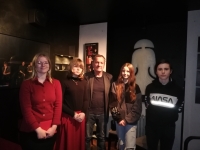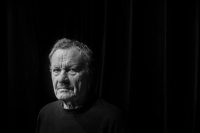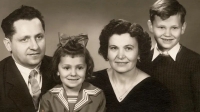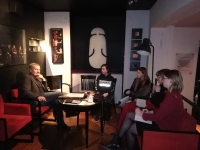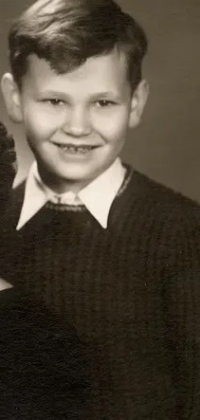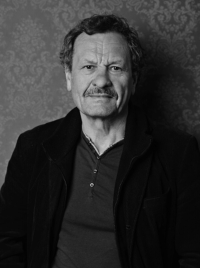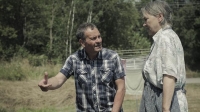I didn’t have the courage to sign Charter 77

Download image
Miroslav Krobot was born on 12 November 1951 in Šumperk. He is a leading Czech theatre director, actor, playwright and theatre teacher. He graduated from a grammar school, and in 1975 graduated in directing from the Janáček Academy of Performing Arts (JAMU) in Brno. He then moved to the theatre in Cheb and then to Hradec Králové, where he impressed in 1982 with his direction of Romeo and Juliet. From 1984 he worked at the Realistic Theatre in Prague. From the second half of the 1980s he was a guest director at the National Theatre, where he later became a tribal director. From 1996 to 2014, he served, among other things, as artistic director of the Dejvice Theatre, during which time the institution won many awards. He made his debut in front of the camera in 2005 in Petr Zelenka’s film The Tales of Ordinary Madness, and he also starred in the animated film Alois Nebel. He has won several awards from the Czech Literary Fund for his productions, for example in 1985 for directing Lines on the Palm of the Hand and in 1988 for Merlin or the Waste Land.
